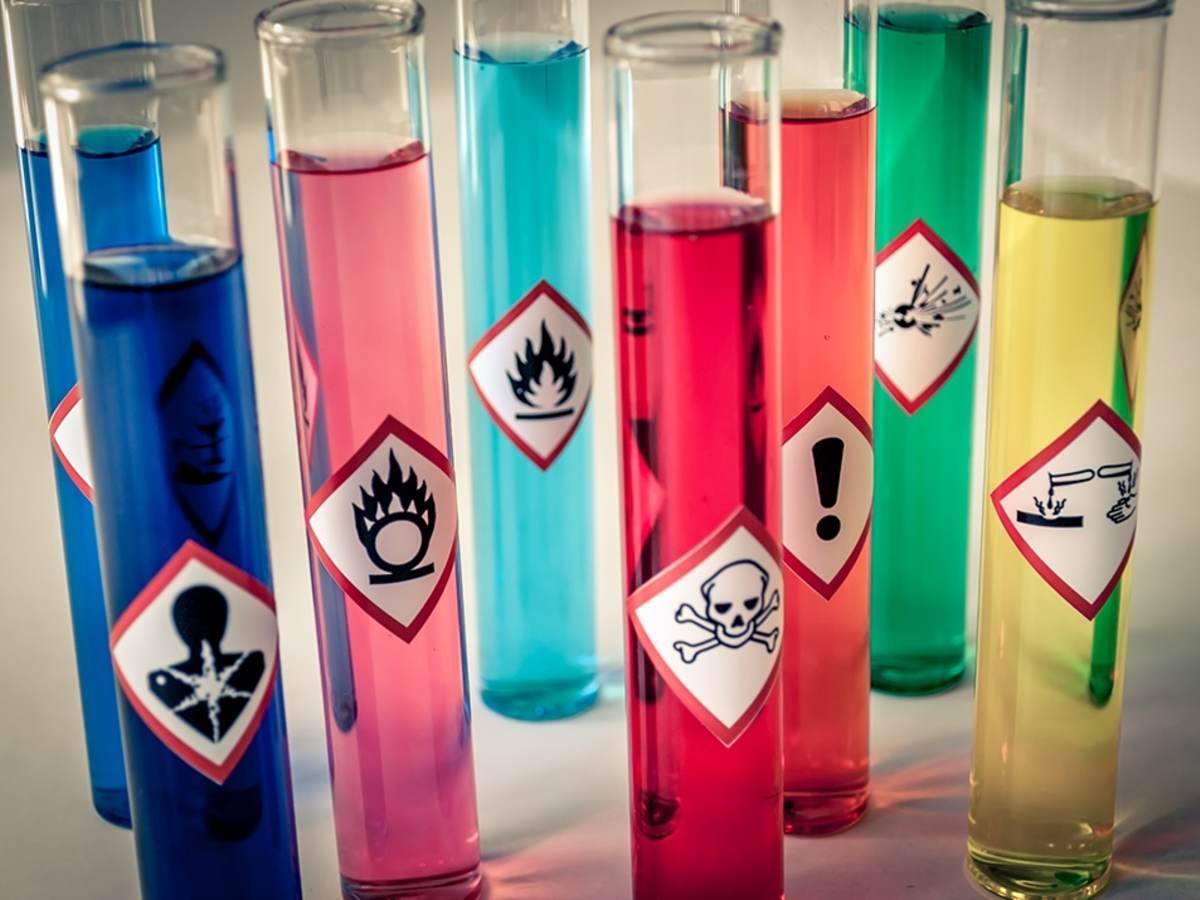January 27, 2023
By Yuko Howell, senior regulatory specialist, Supply Chain team, UL Solutions
On Jan. 26, 2023, Japan's Ministry of Health, Labour and Welfare (MHLW) issued a proposed update to the Cabinet Order on the Designation of Poisonous and Deleterious Substances. The proposal includes the designation of 3-Aminopropan-1-ol (CAS number 156-87-6) as a Deleterious Substance. 3-Aminopropan-1-ol and mixtures containing 3-Aminopropan-1-ol above a concentration of 1% would be subject to SDS and labeling requirements under the Poisonous and Deleterious Substances Control Law (PDSCL). Manufacturers, importers, and distributors of Poisonous and Deleterious Substances also have the obligation to register this substance with the MHLW.
In accordance with the Globally Harmonized System of Classification and Labelling of Chemicals (GHS) criteria adopted by Japan, the MHLW has classified 3-Aminopropan-1-ol as Category 1 Skin corrosion/irritation as well as Serious eye damage/eye irritation. These hazard classes are the primary consideration in selecting Deleterious Substances.
The MHWL is accepting public comments on the proposal until Feb. 24, 2023. The update to the Cabinet Order is expected to be finalized on May 25, 2023 and become effective on June 1, 2023.
The proposed amendment also includes the following changes to the list of Deleterious Substances:
- Explicit exclusion of Diantimony tetraoxide (CAS number 1332-81-6) from Antimony compounds, which is collectively regulated as Deleterious Substances. Diantimony tetraoxide will be no longer regulated under the PDSCL.
- Concentration cut-off change for 2-Isobutoxyethanol (CAS number 4439-24-1), currently designated as a Deleterious Substance, from 10% to 15%.
Japan’s PDSCL
Japan’s Poisonous and Deleterious Substances Control Law (PDSCL) designates poisonous and deleterious substances based on their acute toxicity level. The law and related regulations have legal and operational impacts on every entity in the supply chain, and in addition to manufacturers, importers, distributors, and retailers having to register with the Ministry of Health, Labour & Welfare (MHLW) and/or local governments, there are requirements for downstream users who must ensure that poisonous and deleterious substances are stored in locked storage cabinets. Having compliant safety data sheets (SDSs) and labels, ensuring proper record keeping, and following the transport standards are also necessary throughout the supply chain.
Next Steps
- Review your products and determine if any will be affected by this amendment.
- If you are manufacturing, importing, and/or selling any of the to-be-regulated substances in Japan, make sure you are registered as a Poisonous and Deleterious Substances Business Operator.
- If you are exporting any of the to-be-regulated substances to Japan, make sure your importer is registered as a Poisonous and Deleterious Substances Business Importer.
- Learn more about additional obligations and communicate them to your customers as new obligations might affect their operations as well. One of the most important responsibilities as a chemical supplier is to notify the customer when regulatory status of your product is changed.
References
- Proposed amendment to the Cabinet Order on Designation of Poisonous and Deleterious Substances (Available in Japanese only)
- Public comment submission on the proposed amendment (Available in Japanese only)
- 3-Aminopropan-1-ol (CAS Number 156-87-6) Information published by the MHLW (Available in Japanese only)
Regulatory Roundup Newsletter
Never miss an update
UL, the global safety science leader, can keep you updated on the latest events with a variety of materials, ranging from the latest regulatory news, webinars, white papers, events, industry insights and more.
Subscribe to our monthly Regulatory Roundup Newsletter and stay up to date on current and upcoming regulations and all the latest chemical industry news.
Safety Data Sheet (SDS) Authoring and Labeling Services
Create, maintain and distribute comprehensive SDSs and labels to meet your increasingly complex global compliance requirements.
Chemical Regulatory Compliance
Manage your chemical compliance needs with the help of global regulatory expertise and leading resources.
Chemical Compliance Training
We provide a series of chemical regulatory training programs designed to help understand the diverse set of requirements and how to confront them.
Get connected with our sales team
Thanks for your interest in our products and services. Let's collect some information so we can connect you with the right person.





